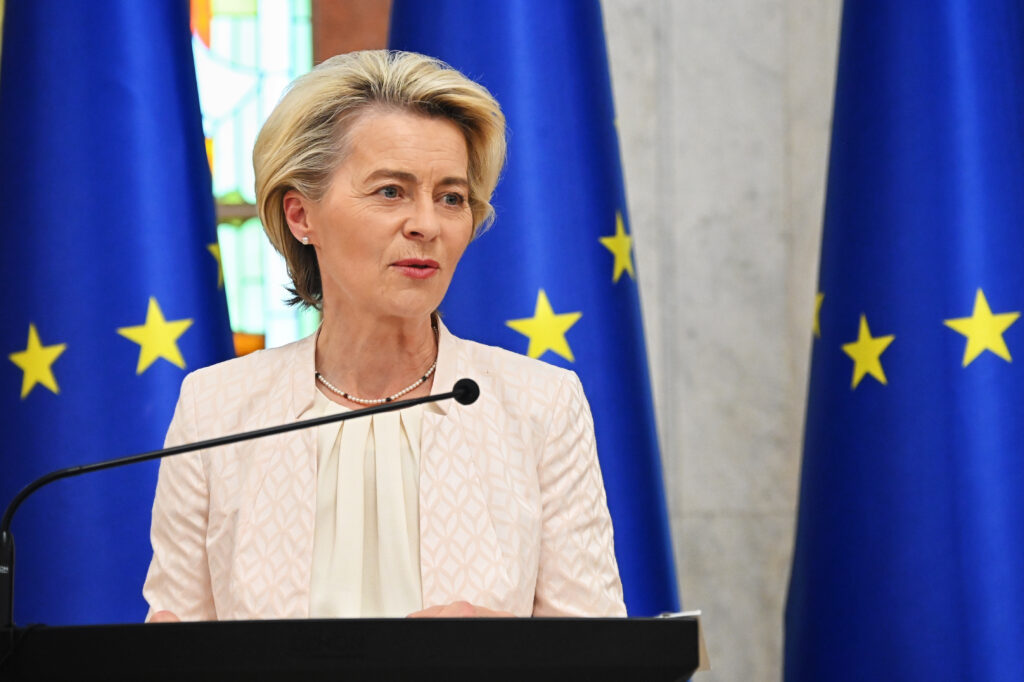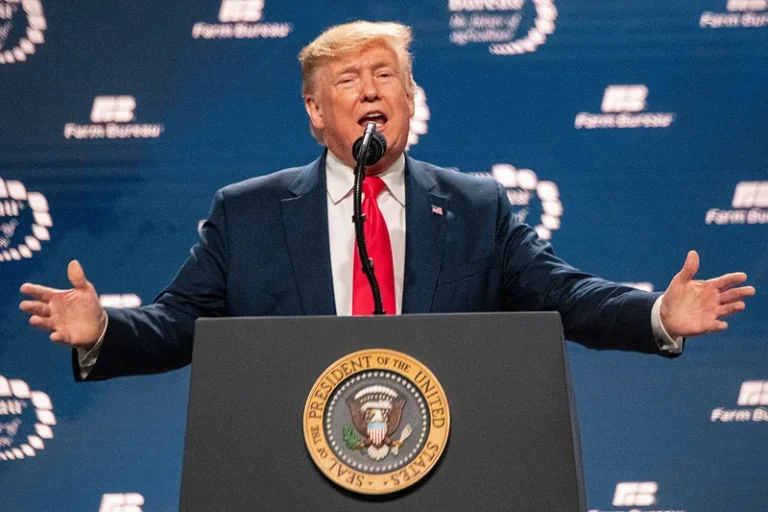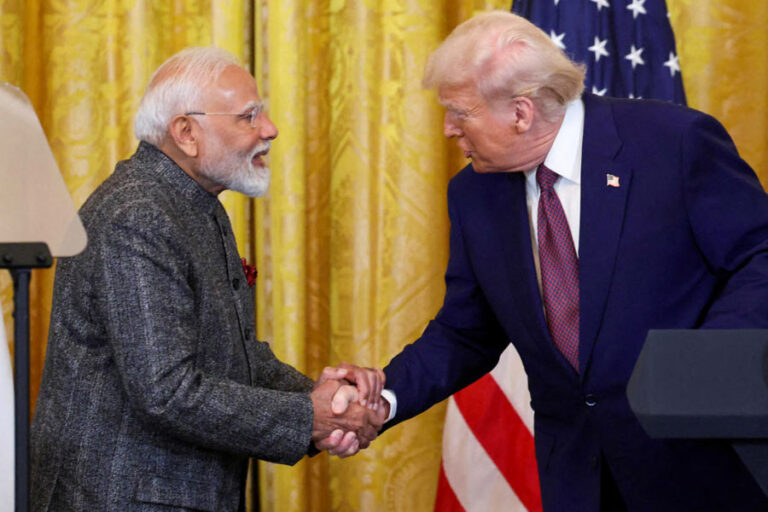
Why the EU is Holding Back on Retaliatory Tariffs
In a surprising move, the European Union (EU) has decided to postpone the implementation of retaliatory tariffs against trading partners, including the U.S. and China. This delay comes amid ongoing disputes over subsidies, import restrictions, and unfair trade practices.
Reasons Behind the Delay:
- Diplomatic Negotiations – The EU may be allowing more time for behind-the-scenes discussions to avoid a full-blown trade war.
- Economic Stability – With inflation concerns and supply chain disruptions, additional tariffs could worsen economic strain.
- Industry Pressure – Businesses, especially in the automotive and agriculture sectors, have lobbied against further trade barriers.
Potential Impact on Global Markets
1. Relief for Exporters
Companies reliant on transatlantic trade, such as German automakers and French wine producers, may benefit from the postponement.
2. Stock Market Reactions
Market analysts predict short-term stability in European stocks, though long-term uncertainty remains.
3. Future Trade Relations
If negotiations progress, this delay could lead to revised trade agreements. However, if talks stall, tariffs may return with stricter measures.
What’s Next?
The EU’s decision reflects a cautious approach to trade policy. While the delay offers temporary relief, businesses should prepare for possible future disruptions.
Final Thoughts
The postponement of retaliatory tariffs indicates the EU’s preference for dialogue over confrontation. Stakeholders should monitor upcoming trade talks for further developments.







